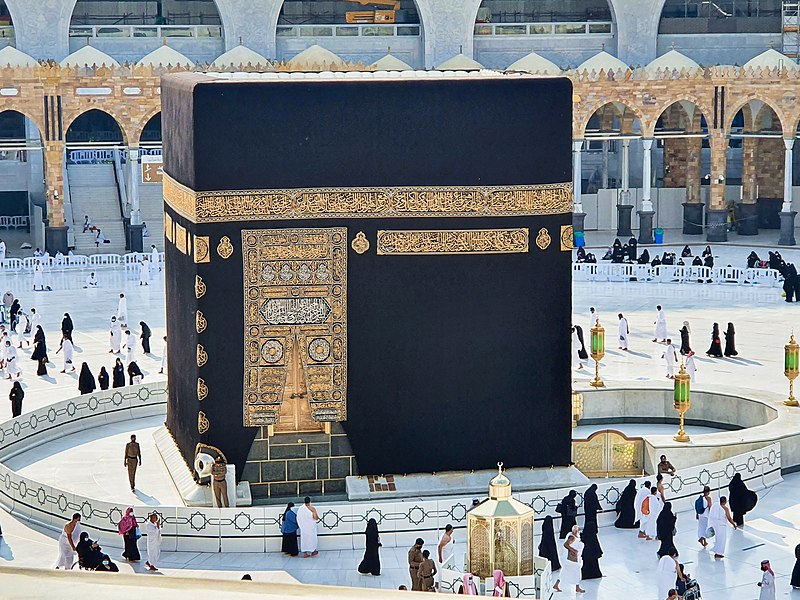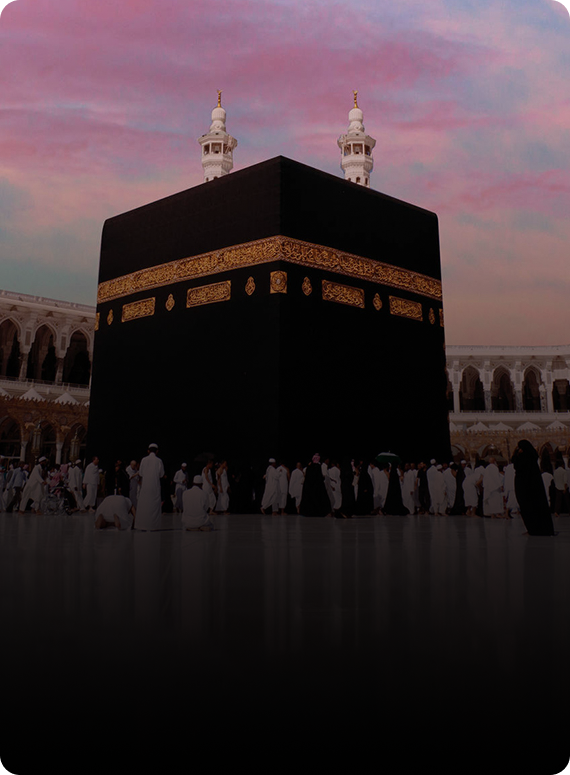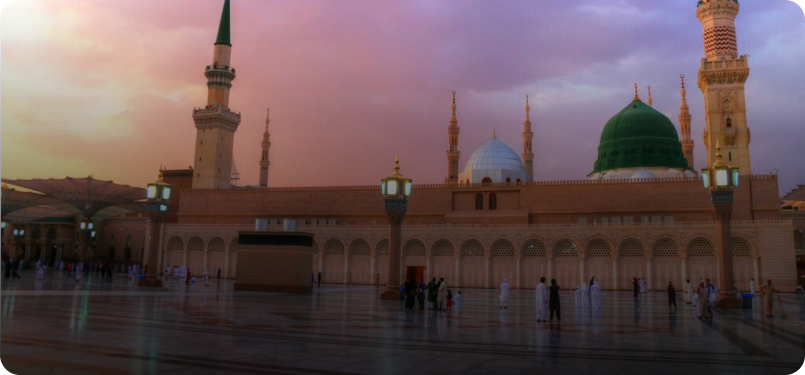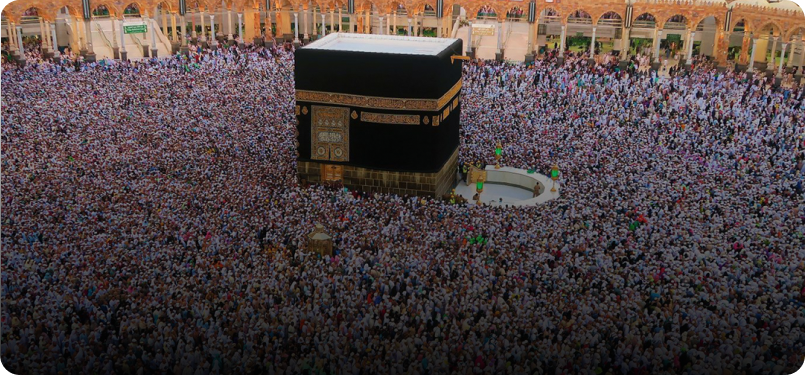The Essence of Hajj in Islam:
A Spiritual Pilgrimage
Hajj, the sacred pilgrimage to the holy city of Mecca, is a cornerstone of Islamic faith, reflecting devotion, sacrifice, and the unity of the Muslim Ummah. This profound journey, mandated for every Muslim who is physically and financially capable, is not just a physical voyage but a passage to spiritual awakening and purification. This article explores the significance, rituals, and profound spiritual implications of Hajj in the fabric of Islamic life.
1. A Pillar of Faith:
Hajj is revered as one of the five pillars of Islam, a duty that every Muslim aspires to fulfill at least once in their lifetime. It is a manifestation of the faith’s communal spirit and a testament to the equality and brotherhood among Muslims. The Qur’an eloquently states:
“…And [due] to Allah from the people is a pilgrimage to the House – for whoever is able to find thereto a way…” (Quran 3:97).
This verse encapsulates the obligation and the universal longing of Muslims to embark on this sacred journey, seeking Allah’s mercy and forgiveness.
2. Historical Foundations:
The origins of Hajj are deeply rooted in the history of Islam, dating back to the Prophet Ibrahim (Abraham). The pilgrimage commemorates the trials of Ibrahim and his unwavering commitment to Allah, including his readiness to sacrifice his son in obedience to God’s command and his wife Hagar’s desperate search for water, leading to the miracle of the Zamzam well.
3. Rituals of Devotion:
The rituals performed during Hajj symbolize the profound teachings and events associated with the Islamic monotheistic heritage. Pilgrims don simple, white garments known as Ihram, representing purity and the renunciation of worldly adornments. Key rites include:
Tawaf: Circling the Kaaba seven times, acknowledging Allah’s centrality in their lives.
Sa’i: Traversing between the hills of Safa and Marwah, reenacting Hagar’s earnest quest for water.
Standing at Arafat (Wuquf): A day of reflection and supplication, reminiscent of the profound gathering on the Day of Judgment.
Stoning of the Devil (Ramy al-Jamarat): Casting stones at pillars, symbolizing the rejection of temptation and adherence to the path of righteousness.
Eid al-Adha: The Festival of Sacrifice, celebrated worldwide, honors Ibrahim’s willingness to sacrifice his son for Allah.
4. Spiritual Renewal:
Hajj is an act of worship that transcends physical boundaries, offering a unique opportunity for self-reflection, repentance, and spiritual rejuvenation. The pilgrim emerges from this journey purified, having their past sins forgiven, akin to a newborn, free from all past transgressions.
The Prophet Muhammad (peace be upon him) said, “Whoever performs Hajj to this house – Kaaba – and does not commit any obscenity and wrongdoing, he, or she, will come out as the day he, or she, was born – pure and free from sins” (Sahih al-Bukhari).
5. Unity in Diversity:
Among the most powerful aspects of Hajj is the unity it fosters among believers. Millions gather from every corner of the globe, transcending differences of race, color, language, and nationality, united in their worship and the pursuit of divine favor. This congregation epitomizes the spirit of equality, brotherhood, and harmony that is central to Islamic teachings.
Hajj, in essence, is a journey of the heart and soul, a pilgrimage that encapsulates devotion, sacrifice, and the quest for divine mercy. It’s a transformative experience that reshapes the believer’s life, instilling a profound sense of purpose, humility, and a renewed commitment to the values and teachings of Islam.
Explore Toronto Umrah Packages and Toronto Hajj Packages with Cumberland Tours





